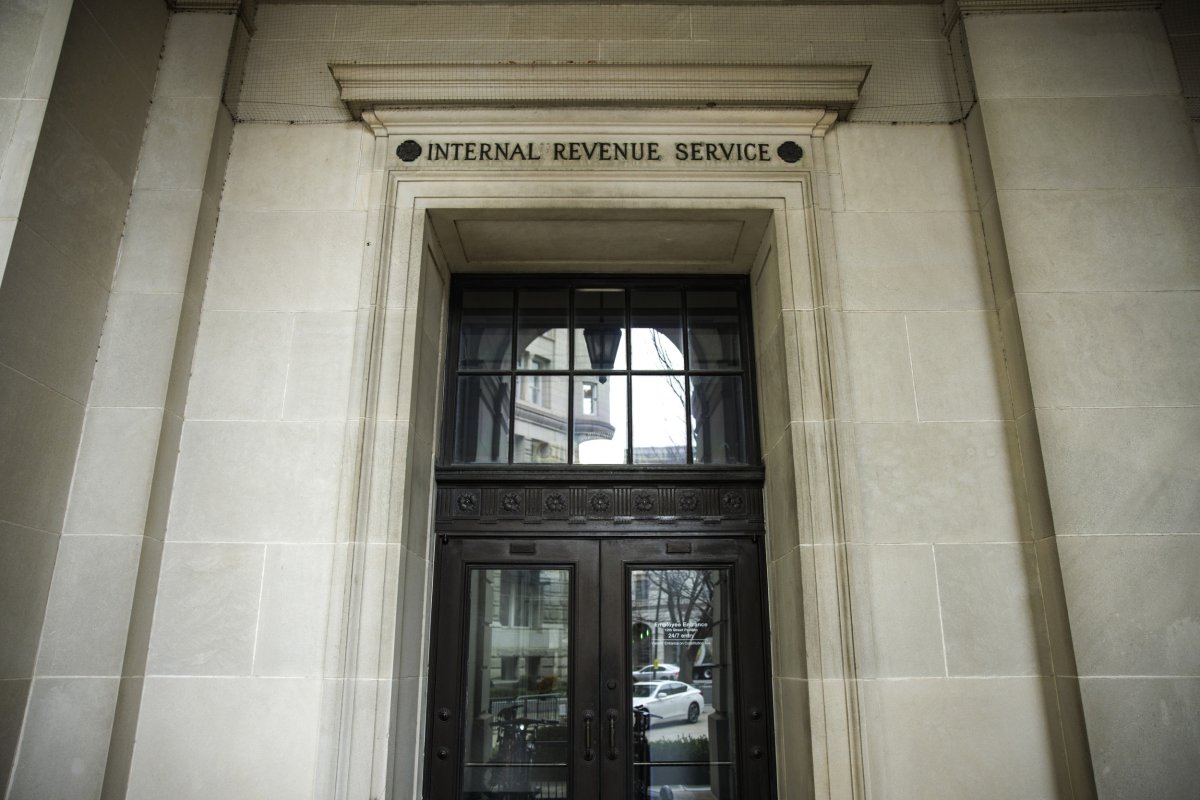With the federal tax filing deadline approaching on April 15, the IRS is urging taxpayers who have not yet submitted their returns to ensure on-time filing by taking advantage of free tools and resources.
Why It Matters
Taxpayers who do not file or request an extension by Tax Day may face penalties, even if they are due a refund.
The IRS is encouraging the use of its online filing tools and support programs to reduce the risk of common errors and to ensure timely processing.

Samuel Corum/Sipa via AP
What To Know
On Thursday, the IRS issued advise on “last-minute filing tips.” Among the tools it highlighted was IRS Direct File, a new web-based option for eligible taxpayers in 25 states that allows them to prepare and submit federal returns directly to the IRS without third-party software or fees.
Direct File allows users to import data from W-2s, IRS Online Accounts and forms such as 1099-INT and 1095-A, reducing manual input and minimizing data-entry errors that could cause returns to be rejected.
The system alerts users if necessary documents, such as the 1095-A for health insurance marketplace enrollees, are missing.
Direct File, which covers 32 million eligible taxpayers, allows access via phones, laptops and tablets. Its user-friendly interface provides step-by-step prompts and real-time help through live chat, the agency said.
Taxpayers can also use Direct Pay to make secure, no-fee payments directly from their bank accounts, with the option to schedule payments up to a year in advance. Meanwhile, the Where’s My Refund? tool provides up-to-date status updates on refunds.
For those needing to submit an extension, taxpayers can use IRS Free File regardless of their income.
Individuals can also find quick answers to their tax law questions through the Interactive Tax Assistant.
The IRS also offers specialized resources for military members, veterans, and their families, offering tailored tax information and free services where eligible.
Additionally, the IRS provides free tax preparation assistance through its Volunteer Income Tax Assistance (VITA) and Tax Counselling for the Elderly (TCE) programs, available to individuals earning $67,000 or less, those with disabilities, seniors over 60, or those needing language assistance.
What People Are Saying
Jay A. Soled, professor and chair of the Department of Accounting and Information Systems at Rutgers Business School, New Jersey, told Newsweek previously: “Even with the tax-filing extension, interest will apply to any 2024 tax payments received after April 15. This means that unpaid tax-year 2024 tax balances will begin accruing interest, currently at the rate of seven percent per year, compounded daily, after April 15, 2025.”
What Happens Next
While most taxpayers are likely to file by April 15, those who have applied and received approval for an extension will have until October 15 to file their tax returns.




